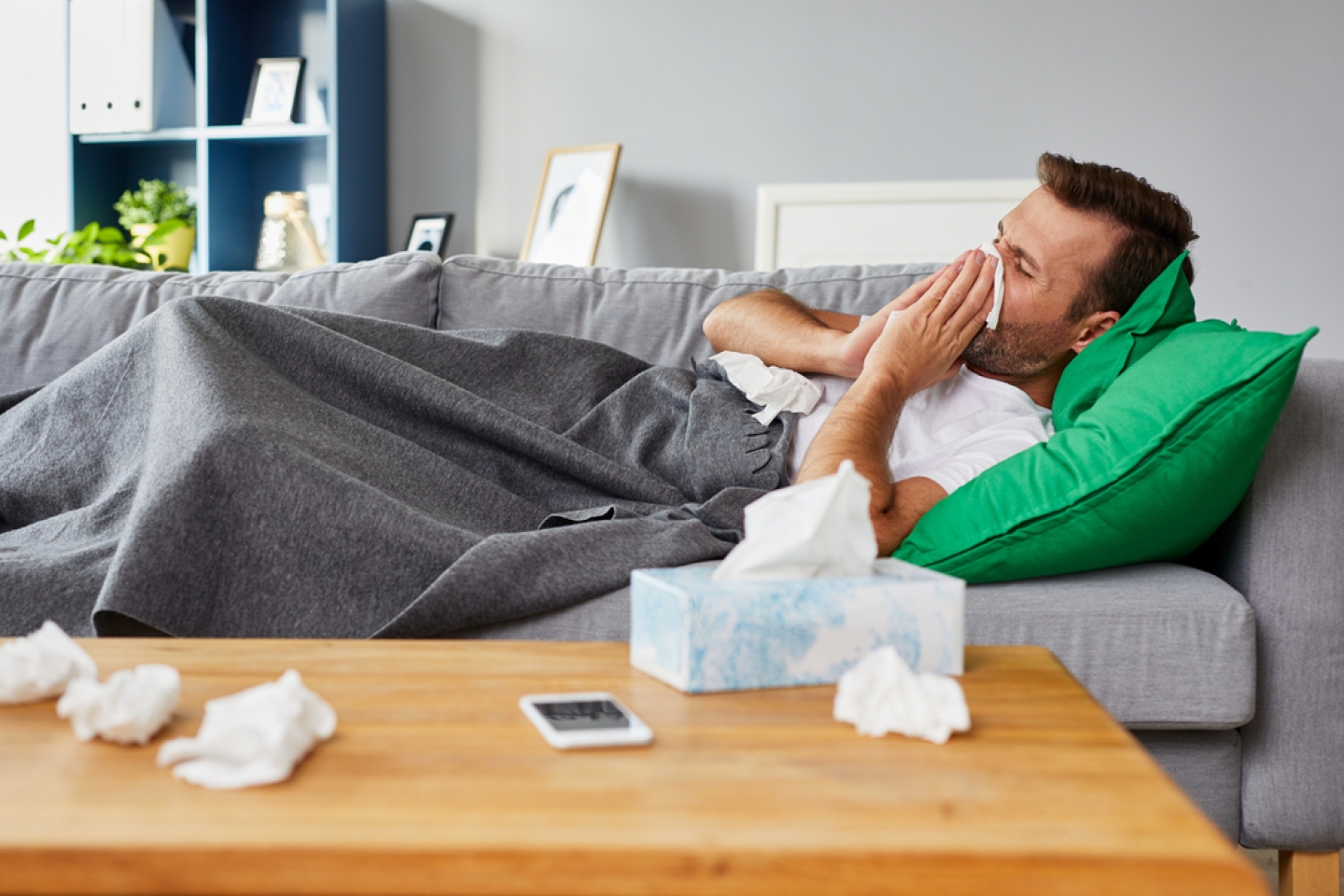
For most of us, a summer vacation is that long-awaited event we plan and dream about for months. A vacation is supposed to give us a chance to chill. To relax at the beach, experience nature in a national park or explore another culture. How ironic, then, that so many people need to take a vacation from their vacation!
From flu-like symptoms to digestive tract upsets, feeling ill post-vacation affects up to 80 percent of returning travelers, says Dr. Ashima Oza, a primary care physician and an instructor in the Division of Medicine at Weill Cornell Medicine. These illnesses—mostly mild viral infections—happen for a variety of reasons, including a weakened immune system, traveling between different climates, poor hygiene and air travel.
“When you travel,” says Dr. Oza, “your usual routines are disrupted. You may not be sleeping as well as you do at home, and your eating habits change when you’re away. You may be staying up later, consuming more alcohol and getting less exercise than usual. You’re also more likely to be in crowded places for prolonged periods, interacting with a more diverse population than you’re used to.” All of these factors can weaken your immune system and set the stage for getting sick.
Abrupt temperature changes can take a toll. These rapid alternations between hot, warm and cool conditions force your body to adjust to different climates before it has a chance to process the information.
For the past few years, we’ve all learned about the importance of frequent hand-washing to protect against COVID-19. But some of us forget this basic practice when we’re away from home. Hand-washing can also prevent us from catching other bugs, including those that cause colds and flu-like symptoms, well before flu season.
Though not universally recognized, leisure sickness is seen by its proponents as a psychological syndrome affecting people who don’t take the time to relax, even over the weekend. It is believed to cause post-travel flu-like symptoms, including body aches, headaches and fatigue.
Airplanes can be breeding grounds for bacteria and viruses, from cramped conditions to the low humidity that characterizes the air circulating on board. Low humidity can dry out your nasal passages and irritate your throat. As a remedy, drink plenty of water and wear a mask during your flight to keep bacteria and viruses at bay.
“Diarrhea, fever and rash are the most commonly reported symptoms among post-vacation travelers,” Dr. Oza says. “But anecdotally, I see more respiratory infections in this group, possibly linked to the coronavirus pandemic.”
In most cases, she says, illness after travel is due to a viral infection that usually resolves in 5 to 7 days.
“For mild symptoms such as a runny nose, congestion or a sore throat, supportive care is sufficient,” she says. “That includes acetaminophen or ibuprofen for pain relief, warm fluids and rest. However, in the case of more severe infections that come with fever, chest pain or trouble breathing, get in touch with your doctor’s office or go to the Emergency Room.”
Tips for getting back to normal
Make an appointment with your primary care physician at Weill Cornell Medicine.